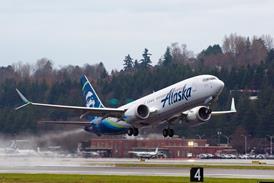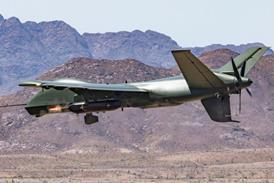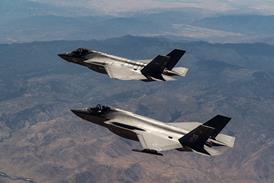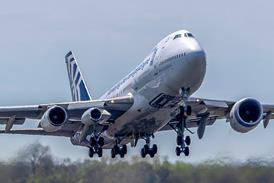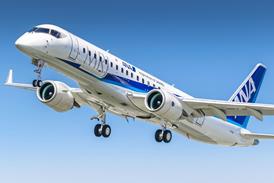Regional turboprop manufacturer ATR is still examining the potential implications of the European Union’s response to newly-imposed US government sanctions on Iran.
The European Union introduced an updated version of its blocking statute on 7 August, as the US government reversed its easing of nuclear-related sanctions – an easing which had enabled Iran Air and other Iranian carriers to place aircraft orders with US and European airframers.
Intended to counter the effects of sanctions on EU firms, the blocking statute amounts to a unified EU response to extra-territorial legislation from third countries, and forbids EU companies from complying with extra-territorial legislation unless authorised by the European Commission.
But the realistic effects on the aerospace sector have yet to become clear.
Airbus has not delivered any aircraft to Iran Air for about a year and a half, but ATR transferred a batch of turboprops just as the sanctions deadline approached.
ATR says it is “studying” the “possible impacts” of the EU legislation, but adds: “It is too early to say something.”
US president Donald Trump warned, as the new sanctions took effect, that “anyone doing business with Iran will not be doing business with the USA”.
This suggests that, even if Airbus and ATR could find legal channels through which to deliver aircraft, they would risk being restricted in the US market – which is far more lucrative than Iran’s.
In early June the ministers of European states which were still committed to the Iranian nuclear deal asked the US Treasury and Department of State to grant exemptions “to allow for economic relationships in key sectors” – specifically identifying civil aviation as one of them.
Iran Air has received 16 new aircraft from Airbus and ATR since the sanctions were originally lifted.
Source: Cirium Dashboard



